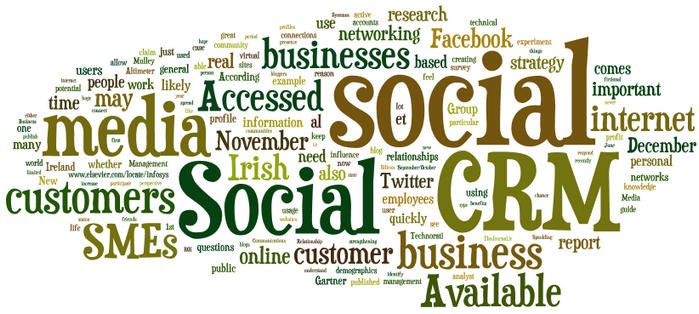CRM best practices for compliance with US privacy laws are crucial in today’s data-driven landscape. This guide explores the essential elements needed to navigate the complexities of regulations like CCPA, CPRA, and HIPAA, ensuring customer data is handled with the utmost care and respect.
Adhering to CRM best practices is crucial for maintaining compliance with US privacy laws, especially within the healthcare sector. Choosing the right platform is paramount, and exploring the “Top CRM platforms for healthcare providers in the USA” here can significantly aid in this endeavor. Ultimately, integrating these platforms with the appropriate privacy protocols is vital for ensuring patient data security and legal adherence.
We will delve into critical aspects such as data privacy principles, security measures, data governance, customer data rights, vendor management, and breach response. Furthermore, we’ll explore practical CRM configurations, ongoing monitoring, and the importance of training, all designed to help businesses build a robust and compliant CRM environment.
Implementing CRM best practices for US privacy law compliance is crucial for data security. Consider how the sophisticated technology in Innovative Smart Gadgets for Elegant Bathrooms integrates data, highlighting the need for robust CRM systems. Similarly, CRM systems must safeguard user data. Thus, ensuring privacy compliance is a top priority when selecting and utilizing CRM solutions.
Understanding US Privacy Laws and Their Impact on CRM: CRM Best Practices For Compliance With US Privacy Laws
Navigating the complex landscape of US privacy laws is crucial for businesses leveraging CRM systems. Understanding these regulations is the first step in ensuring customer data is handled responsibly and legally. Failure to comply can result in significant penalties, reputational damage, and loss of customer trust.
Key US Privacy Laws Relevant to CRM
Several US privacy laws significantly impact how customer data is managed within a CRM. These laws dictate how data is collected, used, stored, and protected. Key among them are:
- California Consumer Privacy Act (CCPA) and California Privacy Rights Act (CPRA): These California laws grant consumers significant rights regarding their personal information, including the right to access, delete, and opt-out of the sale of their data. The CPRA expands on the CCPA, adding new requirements like the creation of the California Privacy Protection Agency and stricter rules around sensitive personal information.
- Health Insurance Portability and Accountability Act (HIPAA): While primarily focused on healthcare providers, HIPAA also impacts CRM systems used by entities that handle protected health information (PHI). This includes stringent requirements for data security, breach notification, and patient rights.
Data Types Protected and Impact on CRM, CRM best practices for compliance with US privacy laws
Each law protects specific types of data, influencing how customer data is managed within a CRM.
- CCPA/CPRA: These laws broadly define “personal information” to include any information that identifies, relates to, describes, is capable of being associated with, or could reasonably be linked, directly or indirectly, with a particular consumer or household. This includes identifiers like names, addresses, email addresses, IP addresses, and browsing history.
- HIPAA: HIPAA protects PHI, which includes individually identifiable health information. This encompasses any information created or received by a healthcare provider, health plan, employer, or healthcare clearinghouse that relates to the past, present, or future physical or mental health or condition of an individual; the provision of healthcare to an individual; or the past, present, or future payment for the provision of healthcare to an individual.
Comparison of Core Requirements

Source: ochobitshacenunbyte.com
The following table provides a comparative overview of the core requirements of CCPA/CPRA and HIPAA concerning data collection, storage, and usage.
| Law | Data Collection | Data Storage | Data Usage |
|---|---|---|---|
| CCPA/CPRA | Requires businesses to inform consumers about the categories of personal information collected and the purposes for which it will be used. Must provide a “Do Not Sell My Personal Information” option. | Requires reasonable security measures to protect personal information from unauthorized access, use, or disclosure. | Limits the use of personal information to the disclosed purposes. Requires businesses to honor consumer requests to access, delete, or correct their data. |
| HIPAA | Requires covered entities to obtain patient authorization before using or disclosing PHI for non-treatment purposes. Notice of Privacy Practices must be provided. | Requires stringent security measures, including physical, technical, and administrative safeguards, to protect PHI. Data must be encrypted. | Restricts the use and disclosure of PHI to authorized purposes, such as treatment, payment, and healthcare operations. Requires strict adherence to patient rights. |